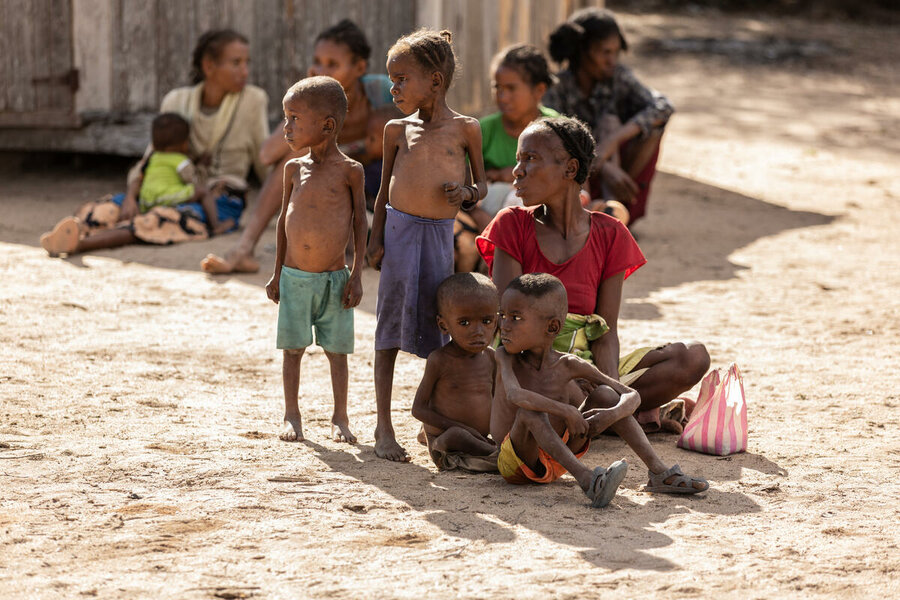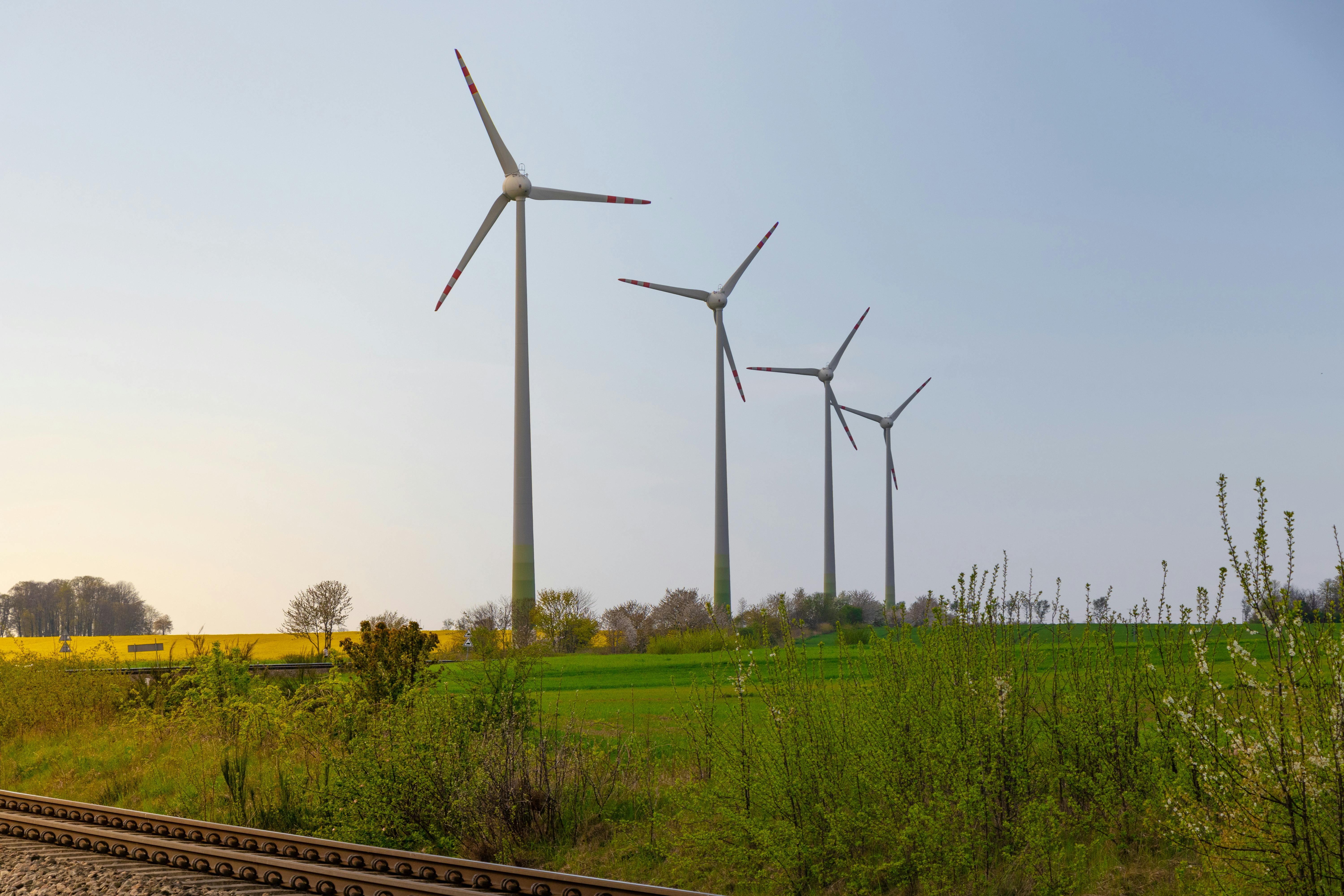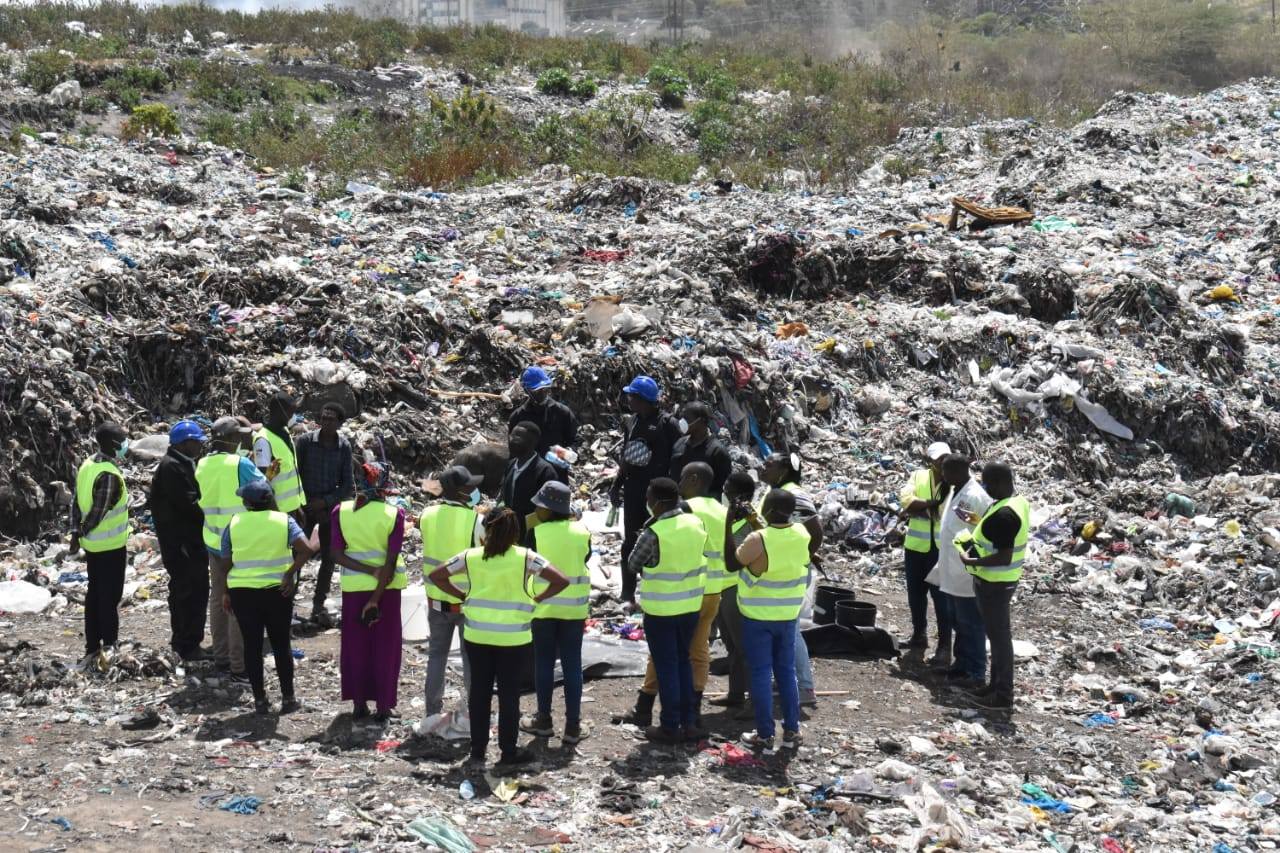- The deep connection between human health and the planet's climate and the health of the biosphere is something to be understood by everybody.
Climate change significantly affects public health, just like other facets of life. The effects of climate change on public health worsen existing health challenges while creating new ones.
Some of the effects are heat-related diseases, high risks of extreme weather events, outbreaks of infectious diseases, poor air and water quality, and food insecurity, among others.
Extreme weather is symbolized by storms, floods, intense heat waves, prolonged droughts, etc. These can lead to displacements, injuries, death, and poor physical and mental health.
For instance, prolonged droughts will definitely lead to a lack of food or a food shortage, which can ultimately result in people's deaths.
High temperatures caused by climate change are likely to lead to heat-related diseases like heatstroke, skin cancer, and heat exhaustion, among others.
Read More
The impact is more on vulnerable populations like the less fortunate, children, the elderly, and those with underlying health conditions because they do not have means of evading the calamities or their immunity is already compromised. Hence, they cannot fight the illnesses.
Conversely, climate change alters the geographic distribution and seasonal patterns of vector-borne diseases like dengue fever, Zika virus, and malaria, among others. This increases the chances of outbreaks of infectious diseases.
Diseases like asthma and other allergic illnesses are worsened through exposure to aeroallergens like pollen. Statistics indicate an increase in cardiopulmonary mortality due to high particulate matter and atmosphere levels of highly toxic ozone.
There's a higher reproduction rate, resilience and distribution of vector borne diseases in warmer climate.
For instance, the recent statistics projected malaria to be infecting more people while more are still at risk of being infected due to year-round transmission in most parts of the world.
Climate change also affects the quality of air and water. The changing temperatures and precipitation patterns increase the chances of air pollution, water pollution and the spreading of waterborne diseases.
Food security is another concern when it comes to climate change. Agricultural production patterns are disrupted as a result of climate change and this has a high impact on food production. These changes of pattern lead to food shortage, consequently leading to malnutrition exacerbating health problems.
Mental health issues like depression can occur as a result of extreme weather events. This can be triggered by issues like food insecurities. The most vulnerable populations to this effect are the children, expectant mothers, the old, and people with underlying health conditions.
The gap in social and economic inequalities has continued to widen as a result of climate change. In such a case, the poor and marginalized groups bear the brunt of the health impacts resulting from this.
Climate change can worsen existing social and economic inequalities, with poorer communities and marginalized groups often bearing the brunt of the health impacts.
The deep connection between human health and the planet's climate and the health of the biosphere is something to be understood by everybody.
Individuals, organizations, governments, countries, and the world at large must work towards integrating climate and health policies as well as building climate informed and resilient health systems.


-1769677767.jpg)




-1768983522.png)